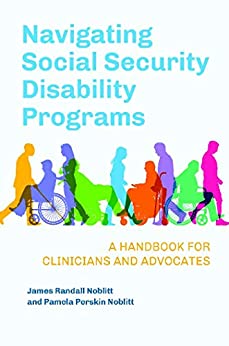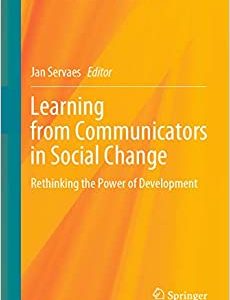This book responds to a previously unmet need: unlocking the mysteries of Social Security disability programs and providing medical and mental health clinicians, as well as advocates, with the information necessary to act in the best interests of their clients.
This text aims to bring clarity to medical and psychological health care providers so they better understand the importance of their role in disability determinations by familiarizing them with the benefits, limitations, and qualifications for Social Security Disability Insurance and Supplemental Security Income. Also useful for patient advocates, the authors here provide insights into the workings of Social Security, the language employed, the definitions adhered to, and the reliance on providers to respond to requests from Social Security and their patients to support their claims when warranted. Almost all medical and mental health professionals will need to interact with Social Security at some point, but will not understand the relevance or importance of their response. Much hangs on the clarity of treatment notes and opinions rendered by clinicians. Not only can their failure to respond to requests for Social Security, or to their patients in a disability case, obstruct their patients' access to benefits, it may also put a provider at risk of board censure or civil suit.
- Provides a realistic understanding of the Social Security Disability bureaucracy
- Provides basic eligibility requirements and potential benefits
- Suggests strategies for maintaining treatment records that respond to needs of Social Security
- Explains how the language of Social Security differs from that of medicine and psychology and how to reconcile the two
- Provides the ethical underpinning of clinicians' participation in the disability determination process











